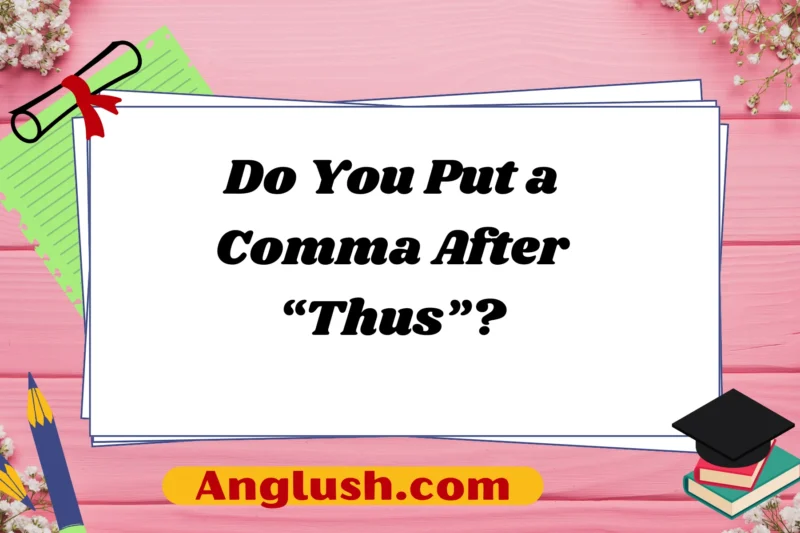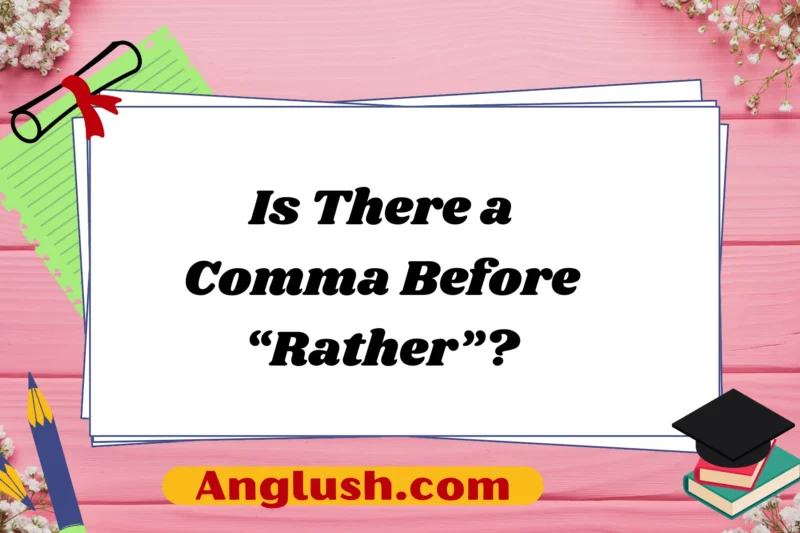Introduction The English language is full of punctuation rules that can be tricky, and one common … Do We Put a Comma Before “Where”?Read more
Punctuation
Do You Put a Comma After “Thus”?
Introduction The word “thus” is commonly used in English writing and speech to indicate a logical … Do You Put a Comma After “Thus”?Read more
Do We Put a Comma Before “When”?
The English language is full of small but significant rules that affect clarity and meaning. One … Do We Put a Comma Before “When”?Read more
Do You Put a Comma After “Yesterday”?
When writing in English, punctuation plays a crucial role in ensuring clarity and readability. One common … Do You Put a Comma After “Yesterday”?Read more
Is There a Comma Before “Instead”?
In the English language, punctuation plays a significant role in conveying clarity, tone, and meaning. One … Is There a Comma Before “Instead”?Read more
Is There a Comma Before “In Addition To”?
Introduction English grammar can be tricky, especially when it comes to punctuation. One common question writers … Is There a Comma Before “In Addition To”?Read more
Is There a Comma Before “Rather”?
Introduction The use of commas in English can be tricky, especially when dealing with words like … Is There a Comma Before “Rather”?Read more
Is There a Comma Before “Along With”?
Introduction The English language is full of nuances, and one of the trickiest aspects of writing … Is There a Comma Before “Along With”?Read more
Do You Use a Comma Before Ampersand (&)?
Introduction Punctuation can be tricky, even for experienced writers. One question that often arises is whether … Do You Use a Comma Before Ampersand (&)?Read more
Do You Put a Comma After “Therefore”?
Introduction “Therefore” is a common transitional word used to indicate a logical conclusion or consequence. However, … Do You Put a Comma After “Therefore”?Read more










